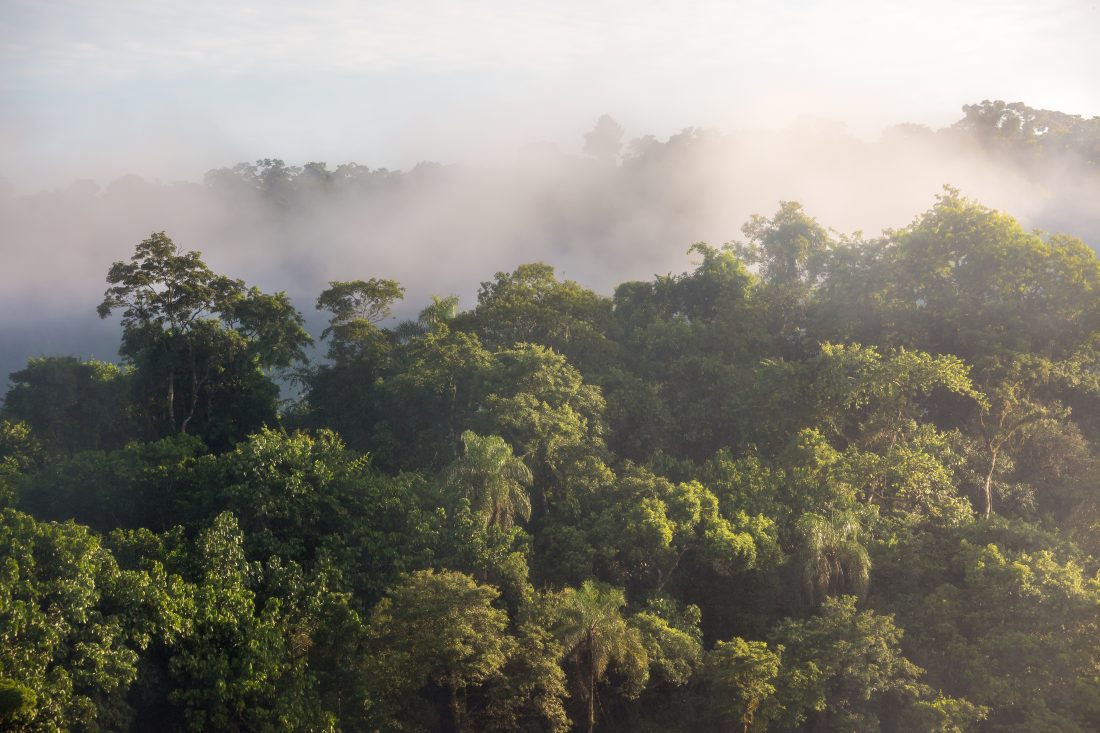“Forests are, in fact, the world’s air-conditioning system—the very lungs of the planet—and help to store the largest body of freshwater on the planet” – Prince Charles, member of the British Royal Family and active conservationist.
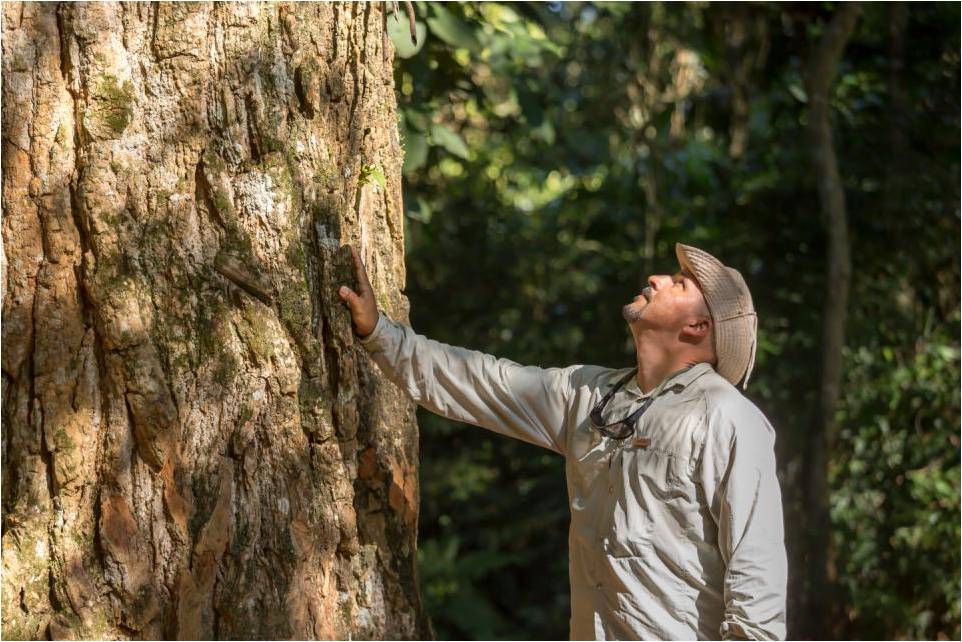
In 2012, the United Nations General Assembly proclaimed the 21 March the International Day of Forests.
The idea was to celebrate and raise awareness of the importance of all types of forests.
The organizers are the United Nations Forum on Forests and the Food and Agriculture Organization of the United Nations (FAO), and the aim is to encourage local, national and international efforts to organize activities involving forests and trees, such as tree planting campaigns.
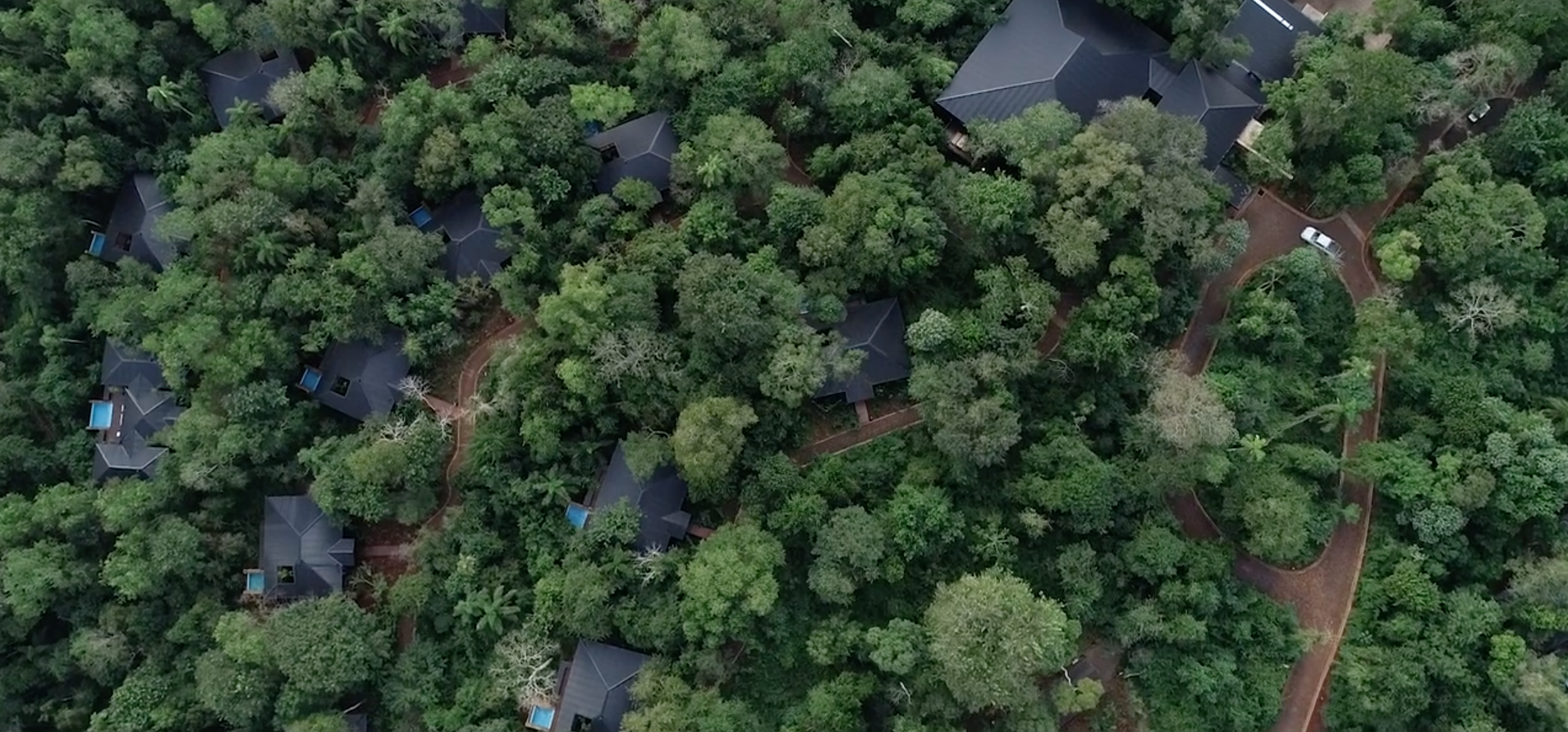
Awasi Iguazu, a 14 villa lodge built on stilts for minimal impact on the surrounding forest.
With lodges located in three areas of natural beauty, Atacama, Patagonia and Iguazu, at Awasi we are very aware of the importance of conservation. As such, we created The Awasi Foundation.
We directly allocate a part of our sales to The Awasi Foundation. Among the projects in our foundation is protecting 340 hectares of native woodland in Iguazú and Patagonia.
Carbon Neutral since 2020
These areas of protected native woodland absorb over 10,000 tonnes of CO2 per year. This amount is greater than the emissions generated by our three lodges, including the travel emissions of our guests. You can see the Awasi Carbon Neutral Report here.
Highlighting the fragility of the world’s forests is something very close to our hearts. We hope that guests leave our lodges feeling empowered to play their part in conservation.
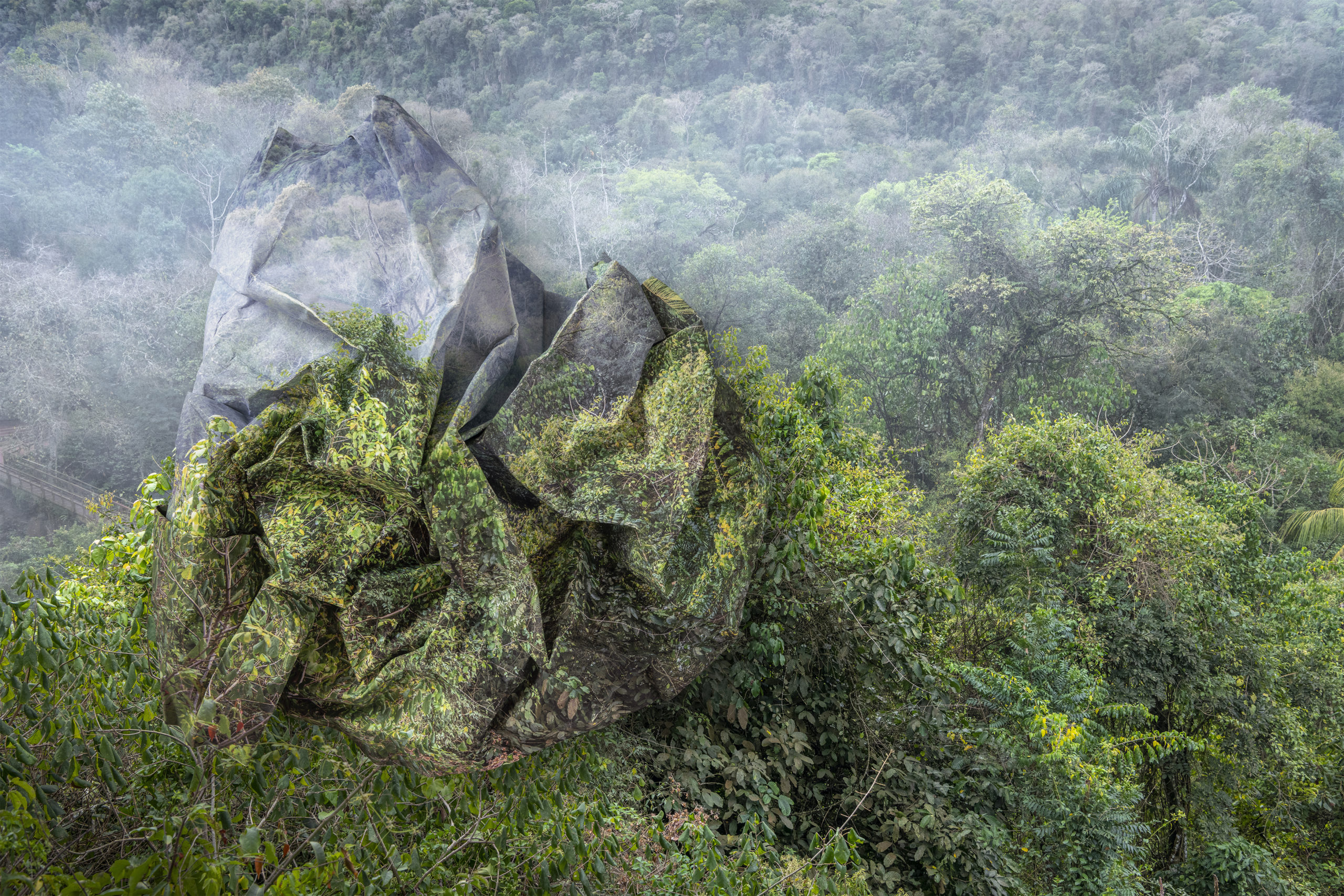
Topographies of Fragility by Argentine-born artist and photographer, Ingrid Weyland
Art for the Eyes & Mind
We recently collaborated with artist and photographer, Ingrid Weyland, whose beautiful and impactful work highlights both natural beauty and the impact of mankind.
“A crumpled piece of paper can never regain its original shape; the trace persists. In the same way, nature which is disrespectfully invaded is forever broken, and many times unrecoverable” – Ingrid Weyland.
See more of Ingrid’s work here.
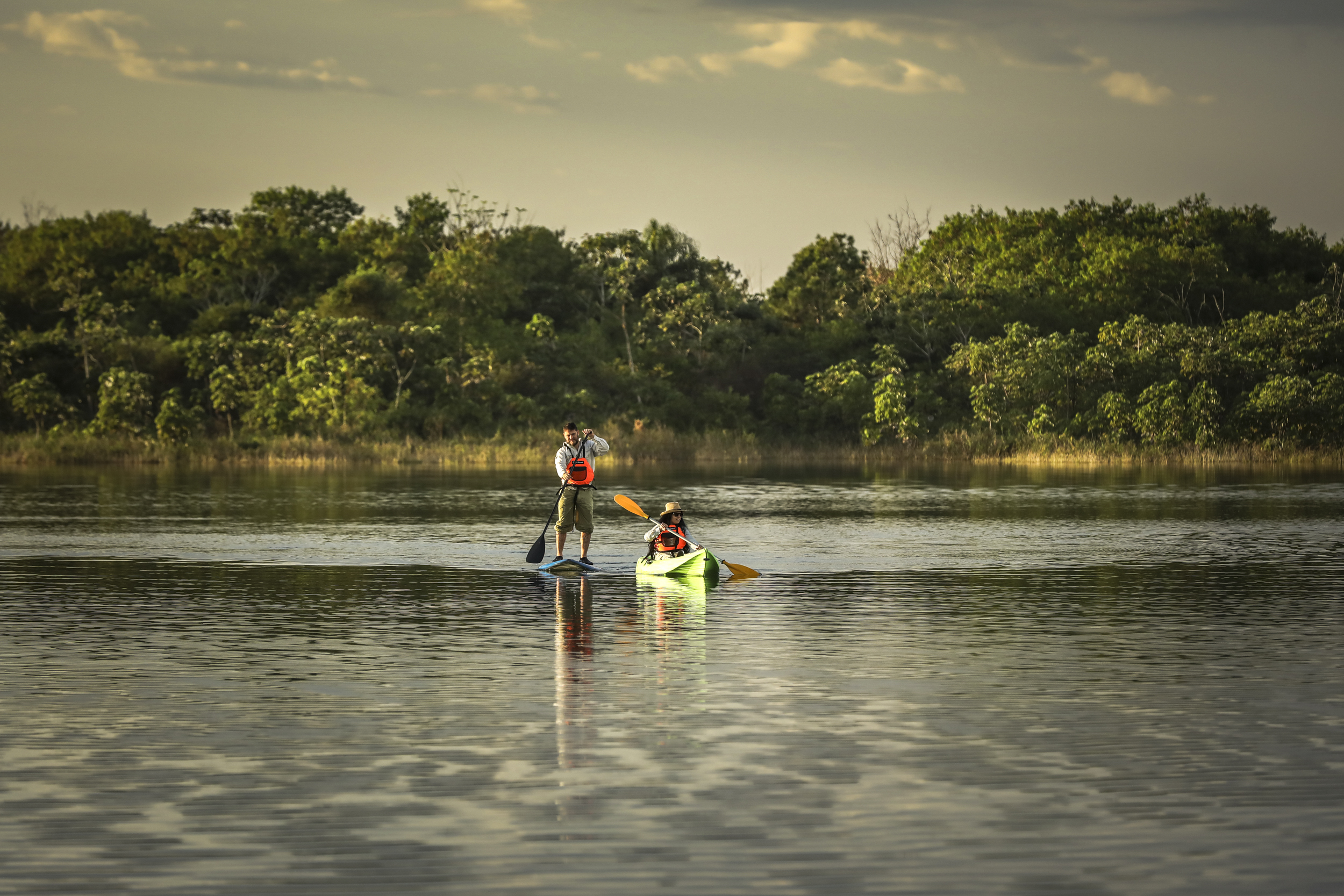
Immersion in nature at Awasi Iguazu, where each room has a private guide and 4×4
Second only to the Amazon
Spanning the Brazilian and Argentinian border, an area best known for the Iguazu Falls, the Atlantic Rainforest is second only to the Amazon in terms of levels of biodiversity and a high number of endemic species.
According to the WWF, the “Atlantic Forest is one of the most ecologically diverse ecosystems on earth. It is home to 20,000 species of plants, of which over 9000 are found nowhere else. 450 different tree species have been found in just one hectare.”
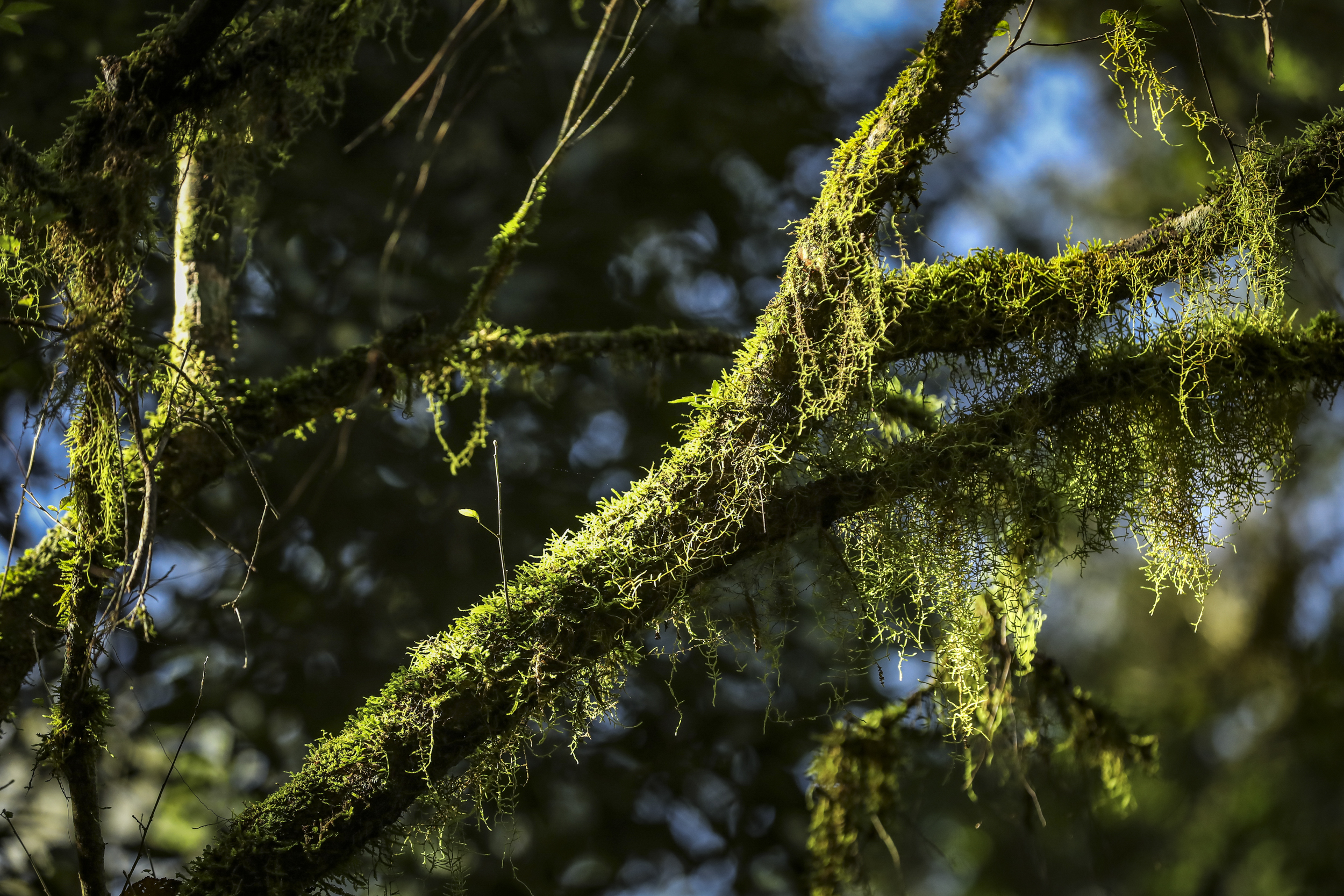
The Atlantic Rainforest by Luciano Bacchi: http://www.lucianobacchi.com
Conserving what we still have
Sadly, deforestation and agricultural expansion are responsible for huge amounts of habitat loss, whilst hunting puts many species in danger of extinction.
At Awasi, our efforts are focussed on protecting and conserving this valuable ecosystem. We do so by donating and collaborating directly with local entities which work in the protection, rehabilitation and reintroduction of native animals. We also protect natural areas by helping monitor and track local species, and by helping the authorities keep hunters and poachers at bay.

A young tapir is seen within the reserve, enojying the minerals of a saltlick.
Awasi guests can visit these protected areas and take part in our efforts to protect and conserve of the Atlantic Rainforest.
The Atlantic Rainforest in Numbers
– Of the 1,000,000km2 (386,000 sq miles) of original Atlantic Forest that once blanketed the coast of Brazil, just 7% now remains.
– In Paraguay some 13% of the original forest remains.
– More than 52% of the tree species and 92% of the amphibians in the Atlantic Forest are found nowhere else in the world.
– 6,000 plant species, 263 amphibians and 160 mammals, including 22 primate species, are endemic.
– Two of the world’s largest cities – Rio de Janeiro and Sao Paulo – lie within the Atlantic forests.
– Charles Darwin explored the area during his expedition on the Beagle in 1832.
Information from the World Wildlife Fund
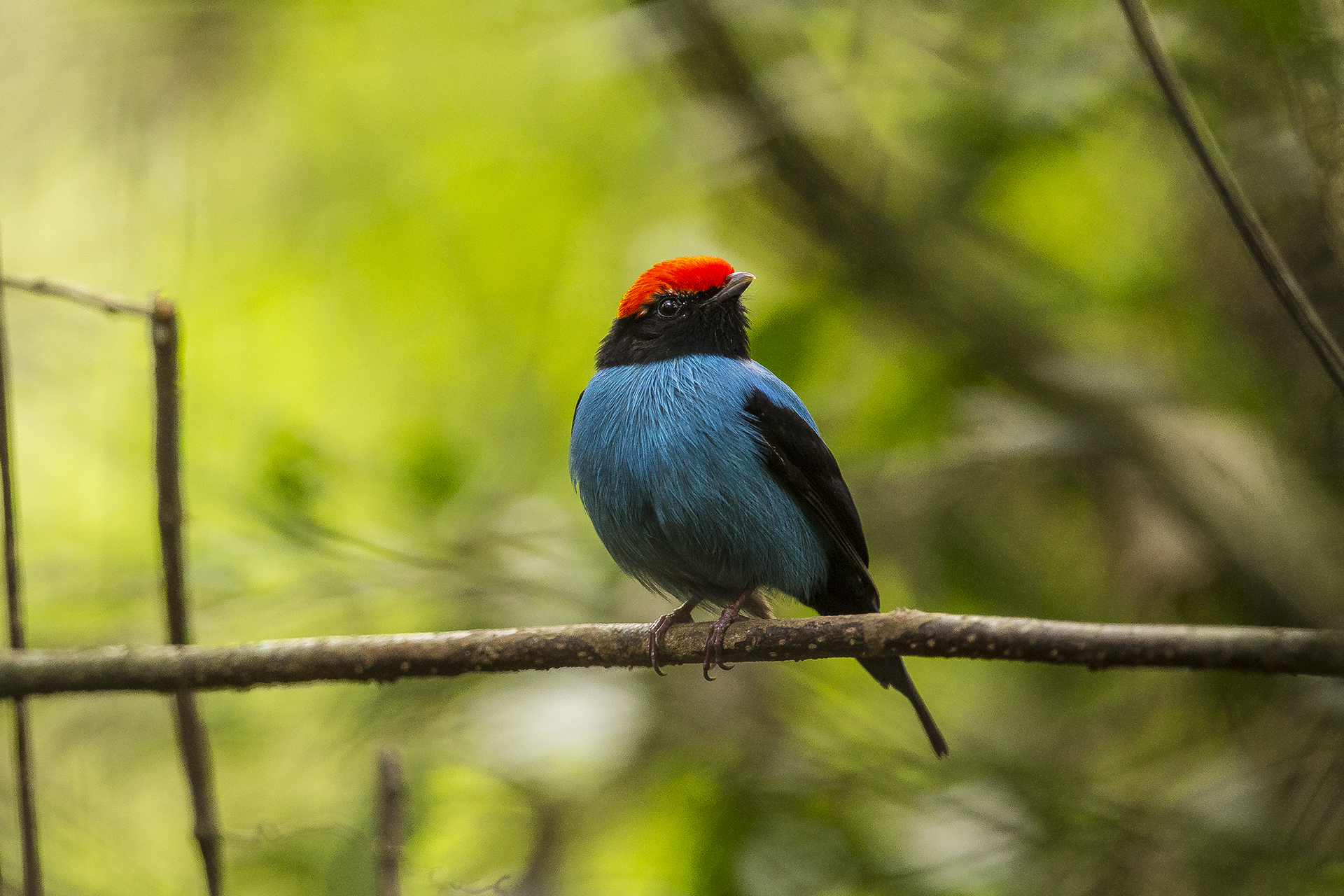
Blue Manakin by Emilio White, Iguazu, Argentina
Guests at Awasi Iguazu stay in our carbon neutral lodge, built on stilts to avoid damaging the surrounding jungle. We have just 14 villas plus a main lodge, and each room is given its own private guide and vehicle so that they can explore the area at their own pace and according to their own interests.
By showing them places of unspoiled natural beauty, we aim to inspire our guests to do what they can to protect the planet.
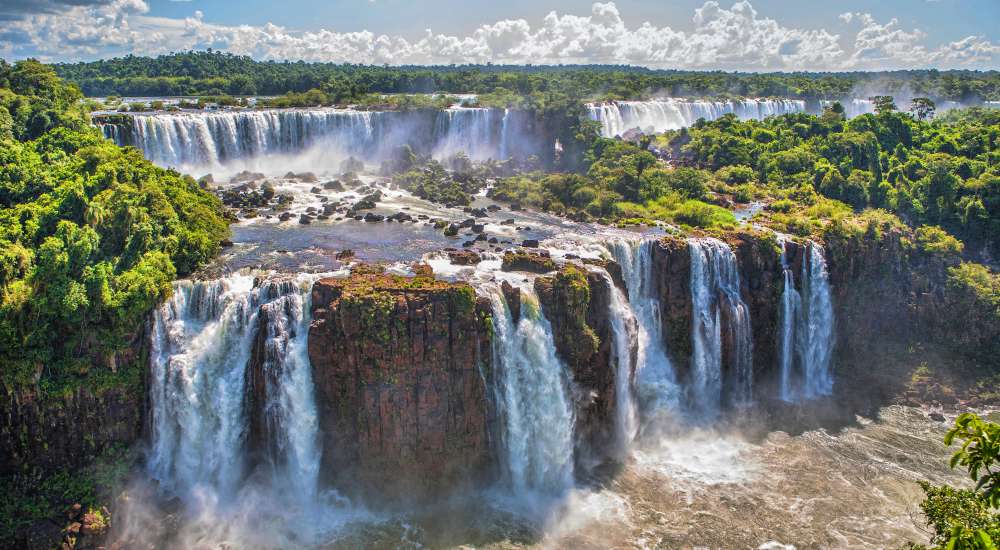
Iguazu Falls, Argentina
And finally, Forest Facts – did you know?
– Forests are home to about 80% of the world’s terrestrial biodiversity, with more that 60,000 tree species.
– Around 1.6 billion people depend directly on forests for food, shelter, energy, medicines and income.
– The world is losing 10 million hectares of forest each year – about the size of Iceland
Information from The United Nations.

